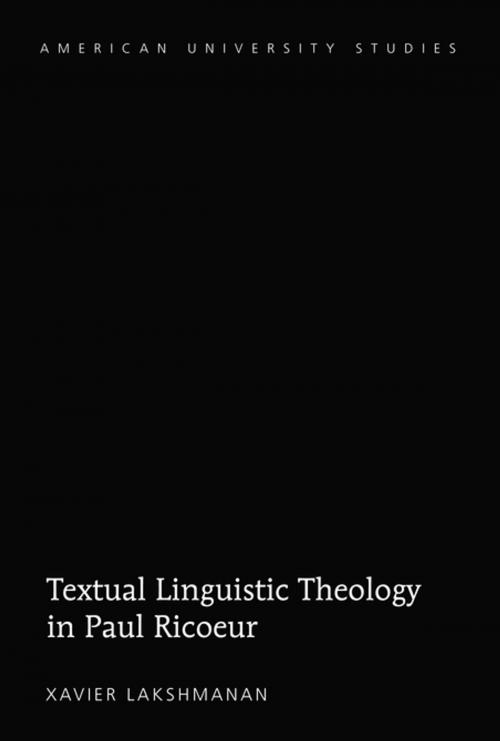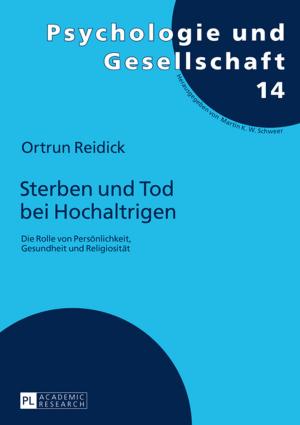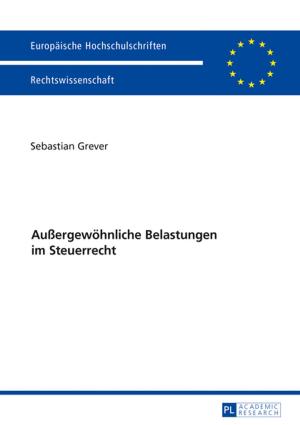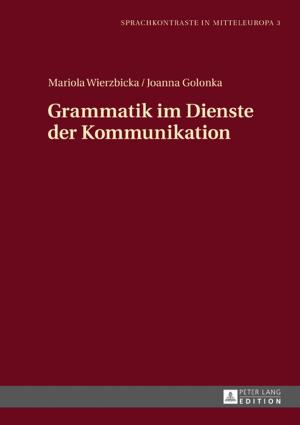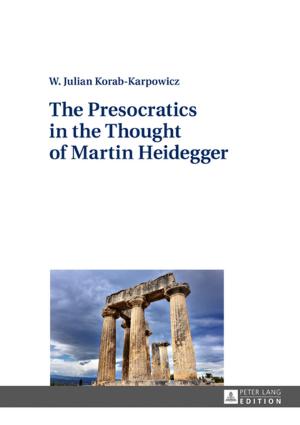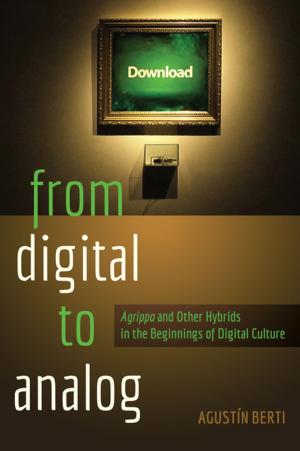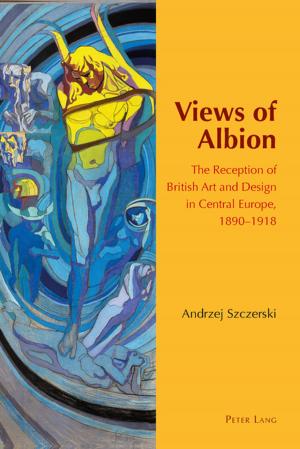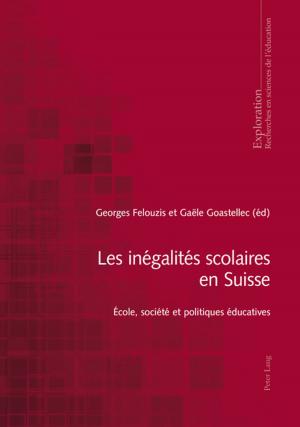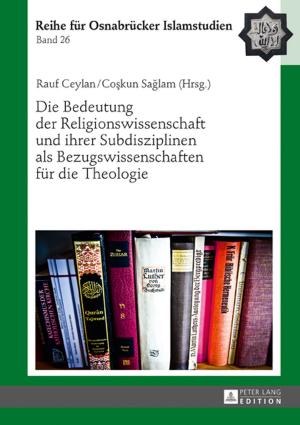Textual Linguistic Theology in Paul Ricœur
Nonfiction, Religion & Spirituality, Philosophy, Methodology, Reference & Language, Language Arts, Linguistics| Author: | Xavier Lakshmanan | ISBN: | 9781454199083 |
| Publisher: | Peter Lang | Publication: | April 19, 2016 |
| Imprint: | Peter Lang Inc., International Academic Publishers | Language: | English |
| Author: | Xavier Lakshmanan |
| ISBN: | 9781454199083 |
| Publisher: | Peter Lang |
| Publication: | April 19, 2016 |
| Imprint: | Peter Lang Inc., International Academic Publishers |
| Language: | English |
In this work, Xavier Lakshmanan argues for a textual linguistic approach to Christian theology. The book takes its shape in conversation with Paul Ricœur’s philosophical thought, demonstrating how Ricœur’s hermeneutic philosophy can inform the way Christians interpret and appropriate biblical narratives without delimiting the potential of the text or eroding the distinctiveness of its language. The text can be appropriated in ways that address the fundamental questions of life. New meanings are constantly generated from the same text in order to describe and redescribe existence, and form human identity. The self is linked inseparably with narrative; every interpretation of narrative is at the same time a reinterpretation of the self and of its possibilities. In such interpretative processes, the reader interprets the text and the text interprets the reader at the same time through an interactive reading. Accordingly, the aim of interpreting the narratives is to open up the world of the text in front of the text and in front of the reader. Here what the text uncovers is the «textual» structure of existence itself. The reality that unfolds through language discloses the possibilities of existence, and in this way the text creates a future. A revised identity emerges against the horizon of that future to give a coherent and dynamic account of the self against a horizon of hope.
In this work, Xavier Lakshmanan argues for a textual linguistic approach to Christian theology. The book takes its shape in conversation with Paul Ricœur’s philosophical thought, demonstrating how Ricœur’s hermeneutic philosophy can inform the way Christians interpret and appropriate biblical narratives without delimiting the potential of the text or eroding the distinctiveness of its language. The text can be appropriated in ways that address the fundamental questions of life. New meanings are constantly generated from the same text in order to describe and redescribe existence, and form human identity. The self is linked inseparably with narrative; every interpretation of narrative is at the same time a reinterpretation of the self and of its possibilities. In such interpretative processes, the reader interprets the text and the text interprets the reader at the same time through an interactive reading. Accordingly, the aim of interpreting the narratives is to open up the world of the text in front of the text and in front of the reader. Here what the text uncovers is the «textual» structure of existence itself. The reality that unfolds through language discloses the possibilities of existence, and in this way the text creates a future. A revised identity emerges against the horizon of that future to give a coherent and dynamic account of the self against a horizon of hope.
